According to the World Health Organization (WHO), vaccine hesitancy is the hesitation or refusal to get vaccinated. It is one of the leading threats to global health.
A 4-year-old girl, the third child in a family of 3, living in the inner city of Hanoi , was taken to the National Children's Hospital for emergency treatment in a state of difficulty breathing and cyanosis. Assessing the condition upon admission, combined with tests and examinations, doctors concluded that the child had measles, severe lung damage with acute respiratory distress syndrome (ARDS), an excessive systemic inflammatory response in a cytokine storm, and signs of collapse in the liver, kidneys, and circulatory system.

Dr. Le Kien Ngai - Head of Infection Prevention and Control Department, National Children's Hospital.
A series of emergency and advanced resuscitation measures such as blood filtration and extracorporeal membrane oxygenation (ECMO) were immediately deployed to save the baby. However, due to the severe condition, the baby did not survive.
What is of concern here is that through the medical history, the doctors found that, although the baby was 4 years old, he had only received one dose of hepatitis vaccine right after birth and one dose of BCG vaccine a few weeks later. All the necessary vaccines to fight dangerous infectious diseases, including the measles vaccine, were not given. When asked about the vaccination history of other children in the family, they all had similar conditions. The doctors suspected that the baby was the result of vaccine hesitancy or resistance.
So what is vaccine resistance or vaccine hesitancy, what is the current situation and what are the consequences of this situation?
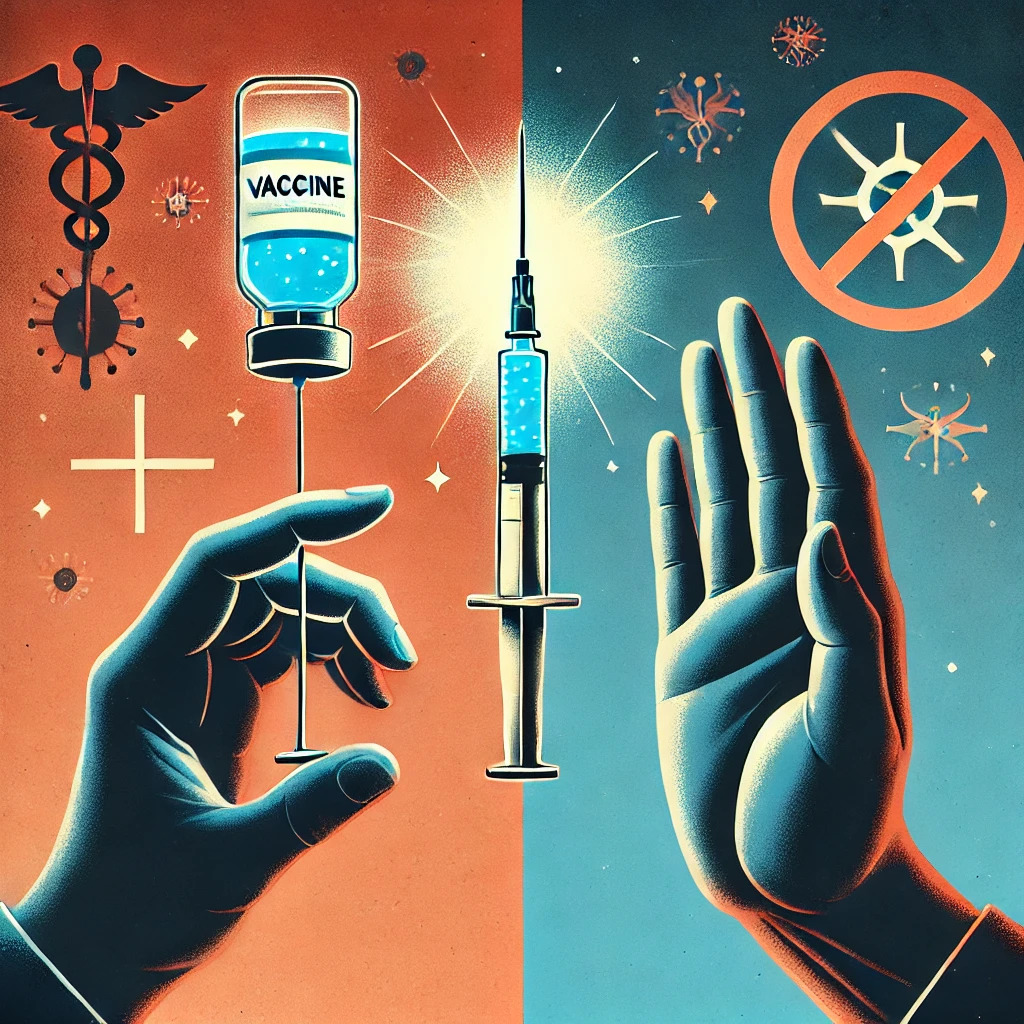
According to the World Health Organization (WHO), vaccine hesitancy is the hesitation or refusal to receive a vaccine or available vaccine. It is one of the leading threats to global health.
Vaccine hesitancy (vaccine hesitancy)
According to the World Health Organization (WHO), vaccine hesitancy is the hesitation or refusal to get vaccinated. It is one of the leading threats to global health.
Common causes of vaccine hesitancy include:
- Some parts of the community lack information or misunderstand vaccines, such as concerns about safety, side effects, or are not convinced about the effectiveness of vaccines.
- Subjective psychology believes that infectious diseases are now rare or not dangerous.
- Negative effects of media and social networks, from fake news and misinformation.
What are the consequences of vaccine hesitancy?
Individuals who do not receive the necessary vaccines will be at high risk of infection and if infected, the disease will have severe progression, be difficult to treat, and even be life-threatening, especially when exposed to dangerous pathogens.
For the community, vaccine hesitancy reduces vaccine coverage and increases the risk of disease outbreaks (e.g., measles, whooping cough, COVID-19, etc.). Vaccine hesitancy is one of the main causes of overloading the health system when an epidemic returns.
Anti-vaccine
There are groups within the community who completely reject vaccines and actively promote anti-vaccine propaganda, often based on misinformation.
The characteristics and actions of this group are to completely deny the effectiveness of vaccines, spread conspiracy theories (such as vaccines causing autism, infertility, population loss...), and especially take advantage of social networks to cause negative influences in the community.
Vaccine hesitancy is a more extreme form of vaccine hesitancy and has a very negative impact. It is the problem that “spreads” vaccine hesitancy in the community. Vaccine hesitancy is indirectly responsible for disease outbreaks.

Raising awareness of the benefits of vaccines is important to protect public health.
What is the current state of vaccine hesitancy and resistance?
Vaccine hesitancy and resistance to vaccines are global concerns, negatively impacting vaccination rates and public health.
Globally, according to a UNICEF report, during more than three years of the COVID-19 pandemic, 67 million children globally missed one or more doses of vaccine due to disruptions in immunization services, overwhelmed health systems and misinformation.
In the United States, vaccine exemption rates increased from 1% in 2006 to 2% in 2016–2017, and continued to increase to 2.6% in 2021–2022. Some studies have shown that rates of vaccine-preventable diseases are higher in children whose parents refuse one or more vaccines for non-medical reasons.
In Vietnam, there have not been many investigations and studies on vaccine hesitancy or opposition. A study in Binh Luc district, Ha Nam province showed that the rate of hesitancy to get vaccinated against COVID-19 was 25.1%. The main reasons include concerns about side effects, lack of information and belief in natural immunity. And there is a fact that the "anti-vaccination" wave appeared on social media, with groups calling for non-vaccination, negatively affecting public awareness.
What solutions to deal with vaccine hesitancy and opposition?
Vaccine hesitancy can be overcome with education and counseling, while vaccine resistance is often more difficult to change. Raising awareness about the benefits of vaccines is important to protect public health.
- Educate the community with easy-to-understand, scientific information. Provide accurate, transparent information about the benefits and safety of vaccines.
- Communicate transparently to build trust. Organize community education programs to raise awareness about the importance of vaccination.
- Increase the involvement of health workers, as health workers are the ones who have the greatest influence on patients' vaccination decisions.
- Control misinformation on social media by working with social media platforms to prevent the spread of inaccurate information about vaccines.
- Tackling vaccine hesitancy and resistance requires close coordination between health agencies, the media and the community to ensure the health of all people.
- Vaccine hesitancy and opposition should be considered as a distraction to children's health and rights.
Le Kien Ngai
Head of Department of Prevention and Control of Infection - National Children's Hospital
Source: https://giadinh.suckhoedoisong.vn/chuyen-gia-canh-bao-hau-qua-khon-luong-khi-do-du-chong-doi-vaccine-17225032211064537.htm







![[Photo] Da Nang: Hundreds of people join hands to clean up a vital tourist route after storm No. 13](https://vphoto.vietnam.vn/thumb/1200x675/vietnam/resource/IMAGE/2025/11/07/1762491638903_image-3-1353-jpg.webp)









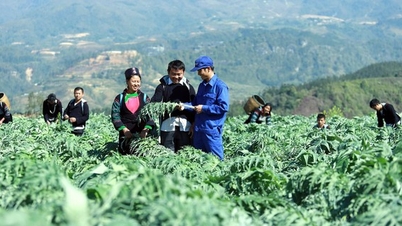
















































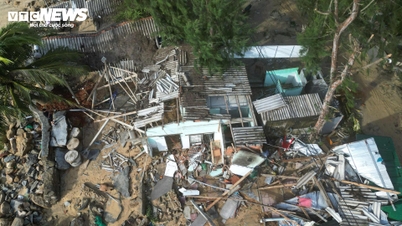






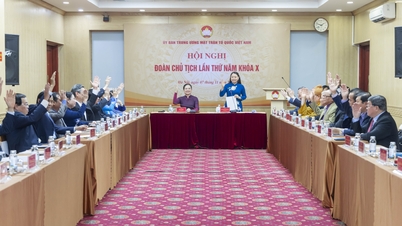










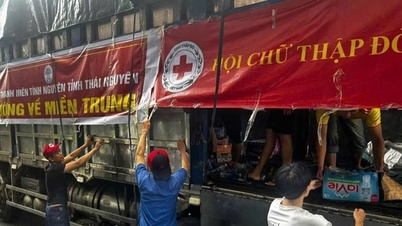


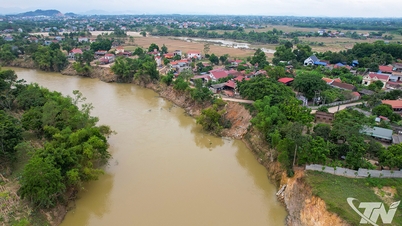


















Comment (0)